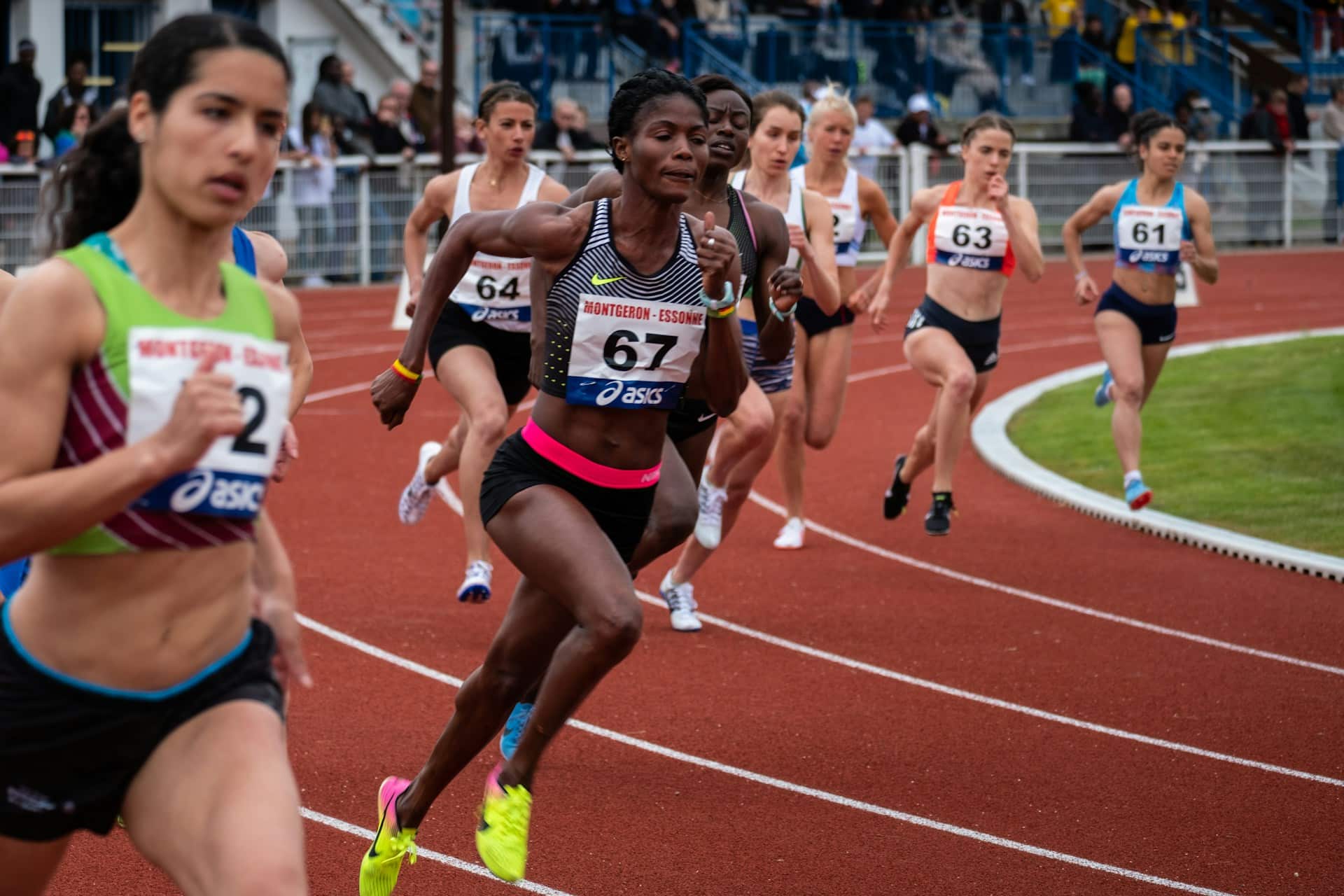In the realm of sports, the mental game often proves just as critical as the physical one. You’ve probably heard the saying, “Sports are 90% mental and 10% physical.” But how much truth is there to this statement? And more importantly, how do athletes harness the power of the mind to boost their performance? Utilizing sports psychology techniques, athletes are able to develop their mental toughness, enabling them to stay resilient in the face of adversity and maintain a high level of performance under pressure. Today, we’ll delve into this fascinating subject and explore how athletes employ these psychology techniques to build resilience and mental toughness.
Mental Toughness: A Crucial Element of Athletic Performance
The concept of mental toughness is paramount in the world of sports. It is the psychological edge that allows an athlete to remain focused, confident, and calm under high levels of stress and pressure. It helps them to keep persevering, no matter how difficult the situation might be.
Sujet a lire : What is the impact of sports on reducing youth involvement in substance abuse and addiction?
Mental toughness is not an inherent quality, but rather a skill that can be developed with practice. Sports psychology offers a variety of techniques that can help athletes strengthen their mental toughness, boosting their performance and resilience in the process. By building their mental toughness, athletes can maintain their focus on their goals and remain confident in their abilities, even when they’re under immense pressure.
Techniques to Develop Mental Toughness
There are numerous techniques that athletes can use to cultivate their mental toughness. These methods are built on the principles of sports psychology and focus on building the athlete’s mental resilience and toughness.
A voir aussi : How can sports organizations promote environmental sustainability in sports merchandise and apparel?
One popular technique is goal setting. By setting clear, achievable goals, athletes can keep their focus sharp and their motivation high. This technique helps them to stay driven, even when they encounter setbacks.
Another common method is visualization. Visualization involves the athlete using their imagination to create a mental scenario where they succeed in their sport. This mental rehearsal helps to boost their confidence and reduce their stress levels, allowing them to perform better when it counts.
Resilience: The Power to Bounce Back
Resilience is another essential aspect of sports psychology. It refers to an athlete’s ability to recover from setbacks, adapt well to change, and keep going in the face of adversity. In sports, an athlete’s resilience can be the difference between a triumphant comeback and a crushing defeat.
Practicing resilience allows athletes to mentally weather the ups and downs of training and competition. It helps them to stay positive and keep pushing forward, no matter what obstacles they face. This resilience is a crucial part of mental toughness, as it allows athletes to maintain their performance levels even when they’re under stress.
Techniques to Foster Resilience
Resilience, like mental toughness, can be nurtured through various sports psychology techniques. One of the most effective methods is positive self-talk. By replacing negative thoughts with positive ones, athletes can boost their morale and reduce their stress levels, helping them to bounce back from adversity more easily.
Another technique is stress management. Athletes can use strategies such as deep breathing exercises, meditation, and yoga to help manage their stress levels. These techniques can help them to stay calm and focused, even in high-pressure situations.
The Role of Sports Psychology in Athletic Performance
Sports psychology plays a crucial role in athletic performance. It provides athletes with the tools they need to build their mental toughness and resilience, helping them to perform their best when it matters most.
Through sports psychology, athletes are able to gain a better understanding of their mental processes and learn how to use them to their advantage. This knowledge, coupled with the practical techniques provided by sports psychology, allows athletes to build their mental strength, ultimately boosting their performance and helping them to excel in their sport.
In the demanding world of sports, mental toughness and resilience are as vital as physical strength and skill. Athletes who take the time to develop these qualities are well-equipped to handle the pressures of competition and are more likely to succeed in their sport. So, whether you’re a seasoned professional or a budding amateur, remember: don’t neglect your mind – it’s one of the most powerful tools you have.
The Relevance of Sports Psychology in Toughness Training
When it comes to toughness training, sports psychology plays a significant role. It’s about cultivating mental skills that enable athletes to handle stress and strive for excellence in their chosen fields.
Sports psychology has a direct impact on an athlete’s performance. It helps athletes develop a strong mental game, which is crucial for managing the pressures of high-level competition. By practicing sports psychology techniques, athletes can enhance their concentration, confidence, control, and commitment, all of which contribute to their overall mental toughness.
One such technique is progressive muscle relaxation (PMR). This involves tensing and then relaxing different muscle groups, which can help athletes reduce physical tension and mental stress. PMR can be particularly beneficial in sports where precision is key, as it can help athletes stay calm and focused.
Cognitive restructuring, another sports psychology technique, helps athletes identify and challenge negative thoughts that may impair their performance. By doing so, they can develop a more positive mindset, which can significantly improve their performance.
Mindfulness is also gaining popularity in the sports world. By staying present-focused and non-judgmental, athletes can stay mentally tough and perform optimally, even under challenging conditions.
These techniques, among others, are what make sports psychology such a vital aspect of toughness training. They not only help athletes develop mental resilience but also improve their overall sports performance.
The Impact of Mental Health on Athletic Performance
In the pursuit of mental toughness and resilience, it’s also essential to pay attention to the broader aspect of mental health. Stress, anxiety, and depression can all take a toll on an athlete’s performance. Therefore, sports psychology also focuses on helping athletes manage these challenges and understand their impact on performance.
One common technique used is emotion regulation. This involves learning to understand, monitor, and manage emotions effectively. When athletes can regulate their emotions, they can maintain control over their performance, even when faced with adversity.
Social support also plays a crucial role in an athlete’s mental health. Athletes who feel supported by their coaches, teammates, and family are more likely to be mentally tough. This support can also provide a buffer against the negative effects of stress.
Finally, there’s self-care. This encompasses a variety of activities designed to care for our physical, emotional, and mental well-being. For athletes, this could include anything from getting enough sleep and eating a healthy diet to taking time for relaxation and leisure activities.
In conclusion, sports psychology is a powerful tool in the development of mental toughness and resilience. By using techniques such as goal setting, visualization, positive self-talk, and stress management, athletes can drastically improve their performance. Moreover, by addressing broader mental health issues, sports psychology can also ensure that athletes remain healthy, both physically and mentally, which is equally critical for top-level performance. The mental game, it seems, is indeed a massive part of sports, and those who master it stand the best chance of excelling. Remember, when it comes to sports, the mind is as important as the body!











